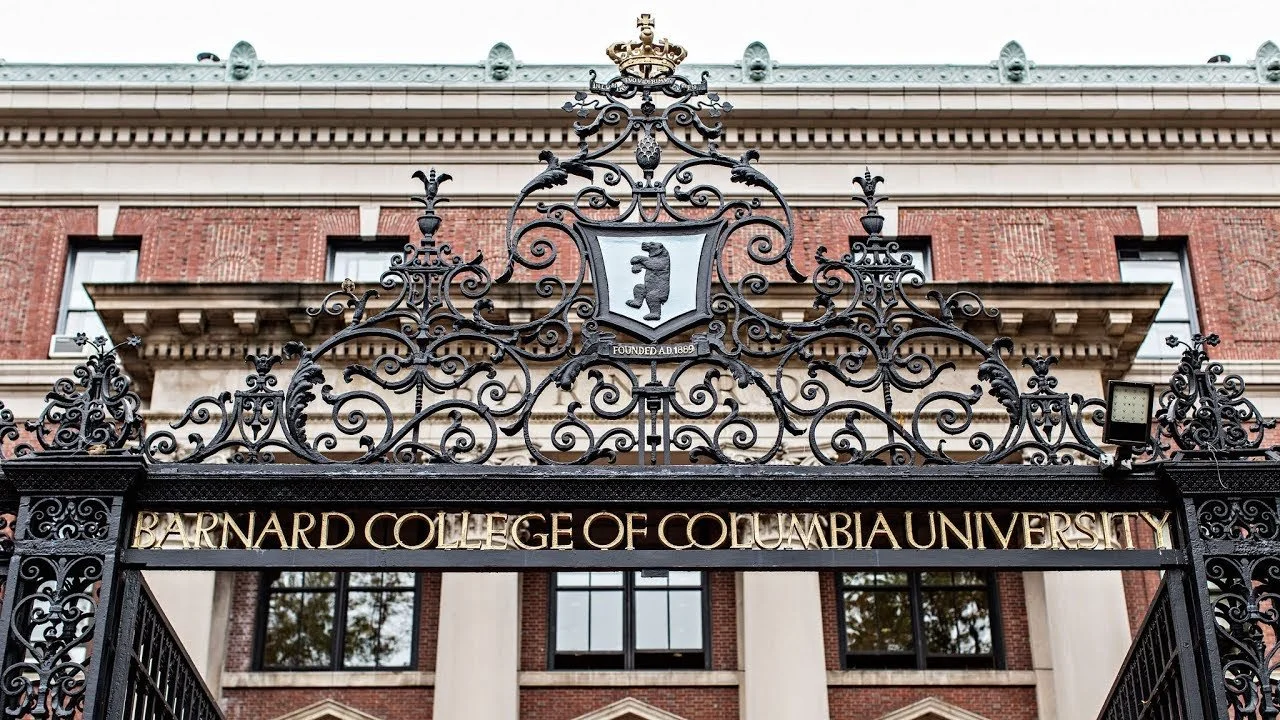Long Game: Inside the Carnegie Corporation’s Quest to Improve Science Education
/hxdbzxy/shutterstock
A nonprofit working on open-source curriculum that aligns with state standards is the latest development in the Carnegie Corporation of New York’s 10-year effort to improve science education in the United States. OpenSciEd, the new nonprofit, and the decade-long journey that led to its founding lend insight into how one of the oldest foundations in the country sees its role and future within an increasingly crowded education philanthropy landscape.
The nonprofit has been tasked with creating curriculum to align with the Next Generation Science Standards (NGSS), which Carnegie was instrumental in developing. So far, Carnegie has put $4 million into the organization through the National Center for Civic Innovation at the Fund for the City of New York.
“The quality of the curriculum a teacher is working with makes a difference,” said Jim Short, program director of Carnegie’s Leadership and Teaching to Advance Learning portfolio.
“We know that the quality of teacher matters. We know that having a good principal, instructional leader in the school to support the teacher matters,” said Short. “But I think there’s enough data now showing that the quality of the instructional materials—the curriculum the teacher is working with—is the third thing that equally matters.”
Related: Connecting More Dots: What's Next for a Big STEM Teacher Initiative?
Developing a framework for science education and overhauling outdated state standards to reflect the framework were the first steps to improving how science was taught in classrooms. The result was the Next Generation Science Standards, released back in 2013. Now, about two-thirds of students attend school in states that have adopted the NGSS or standards that closely resemble them.
Though adoption of the state standards was a success, Carnegie learned through conversations with educators and stakeholders that more was required to ensure classrooms reflected the new requirements.
“While there was a need and understanding that was demonstrated through the desire to adopt the standards, it didn’t mean that miraculously, there were now instructional materials aligned to those standards that were available,” said LaVerne Srinivasan, Carnegie’s national program vice president and program director for education.
The foundation zeroed in on this need in part through a convening for the field it hosted in 2017 and the resulting report, “Instructional Materials and Implementation of Next Generation Science Standards.” The report found that while there was enthusiasm among educators, most didn’t understand exactly what the new standards would look like in their classrooms. Additionally, few commercial curriculum developers offered materials that aligned with the NGSS.
“Traditionally, we have expected teachers to unpack the standards, understand what they mean, and they create the curriculum,” Short said. The shortcomings of this approach became apparent to Carnegie after the rocky rollout of the Common Core State Standards for English and math.
“I think what we’ve seen even before this surfaced in science, in literacy and math, that it was becoming a real challenge for people to implement the new literacy and math standards without more support, without more resources to draw from that represented the rigor of the standards and the vision of what college and career-ready work look like,” he said.
To address this, Carnegie launched OpenSciEd early last year. The Bill and Melinda Gates Foundation, the Hewlett Foundation and the Charles and Lynn Schusterman Foundation also support the nonprofit.
The curriculum will be freely available, bringing down implementation costs for schools and teachers. The materials will also allow teachers to edit lessons to suit the needs of their classrooms.
“In some ways, teachers have always done this. Just because they adopted a published book, it didn’t mean teachers didn’t change things about it,” Short said. “You hope that you can also learn from what people do to change it [the curriculum], and possibly that can inform and make it better in the future.”
The curriculum is now undergoing field testing in 225 classrooms in 10 states, said Jim Ryan, OpenSciEd’s executive director. The organization plans to release the first three units in June of this year and roll out additional units as they become available. The entire curriculum, which will cover science education for students from sixth to eighth grade, is scheduled for release in December 2021.
The Long Haul
This curriculum project is a long time in the making for Carnegie, which took on improving science education as its mission a decade ago. Reflecting on OpenSciEd and Carnegie’s science education work more broadly, Srinivasan praised the foundation’s knack for sticking with an issue for the long haul.
“One of the things I love about this is Carnegie has demonstrated the ability to focus on an issue and be able to stay with it for long enough to begin to see the fruits of the investments. Education change doesn’t happen overnight,” she said. “I think this particular body of work that Carnegie has been engaged in is a perfect example of how that can happen.”
Standards and curriculum aren’t the only areas within science education that Carnegie has taken on. The foundation supports efforts to recruit and retain more K-12 STEM teachers through 100Kin10. The now-independent organization takes its mandate to add 100,000 more STEM teachers to classrooms by 2021 from President Obama’s 2011 State of the Union Address.
The foundation also supports the design of new school models with more personalized, student-centered experiences through its Opportunity by Design initiative.
In the 10 years that Carnegie has championed science education, the foundation carved out a role for itself as a convener and catalyst within the field. The funder’s commitment to collaboration is evident in the development of the Next Generation Science Standards, and now, the corresponding curriculum through OpenSciEd.
For the standards, Carnegie supported the education nonprofit Achieve’s collaboration with 26 states to create NGSS. OpenSciEd partnered with 10 states to create instructional materials, brought in curriculum developers and is testing the product in the field.
Throughout the journey to create the standards and now curriculum, the foundation regularly convened stakeholders and practitioners in science education and shared their findings through reports.
“It would be naive in a system or in an environment as complex as American education to think that any one foundation or any one organization can, on its own, transform or improve what’s happening in systems all over the country,” Srinivasan said.
“We feel a great sense of responsibility to support knowledge sharing based on our history. We’re the oldest foundation. We pride ourselves on the importance of sharing knowledge.”
Related:







































